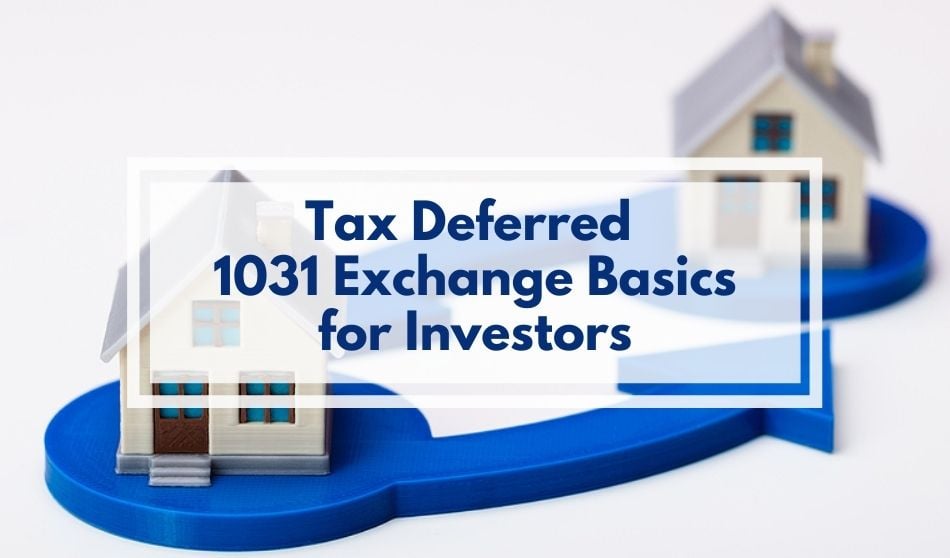Table of Contents
Introduction
Real estate investors are constantly seeking strategies to maximize their returns while minimizing tax liabilities. The 1031 tax exchange, a provision within the Internal Revenue Code, offers a compelling solution that not only allows investors to defer capital gains taxes but also provides a range of benefits that can significantly impact their investment portfolios. In this article, we delve into the various advantages and benefits that the 1031 exchange presents to real estate investors.
Tax Deferral: The Cornerstone Advantage
The primary allure of the 1031 exchange is the ability to defer capital gains taxes that would otherwise be triggered by the sale of an investment property. This deferred tax can be reinvested into a replacement property, allowing investors to preserve their capital and potentially achieve higher returns over time. By avoiding immediate tax liabilities, investors have more funds at their disposal for reinvestment, which can translate into increased buying power and potential for portfolio growth.
Portfolio Flexibility and Diversification
A 1031 exchange provides investors with the opportunity to optimize their real estate portfolios to align with their evolving investment goals and market trends. Investors can strategically divest from properties that may no longer align with their objectives and acquire replacement properties that offer better potential for income and appreciation. This flexibility enables investors to stay ahead of changing market conditions and capitalize on emerging opportunities.

Leveraging Property Upgrades
Through a 1031 exchange, investors can upgrade their property holdings without triggering immediate tax consequences. This is especially advantageous for those looking to move from smaller properties to larger ones, or from properties with lower potential for appreciation to those with higher growth prospects. The deferred taxes allow investors to allocate more capital towards acquiring properties with improved income-generating potential.
Compounding Wealth Accumulation
The deferral of capital gains taxes can lead to compounding wealth accumulation over time. By reinvesting the tax savings into higher-yield properties, investors can leverage the power of compounding to enhance their investment returns. As a result, the wealth-building potential of a well-executed 1031 exchange can outpace that of traditional property sales subject to immediate taxation.
Estate Planning and Wealth Transfer
1031 exchanges can play a pivotal role in estate planning by facilitating the smooth transfer of real estate holdings to heirs. When investors pass on their properties, heirs receive the properties with a “stepped-up” basis, potentially minimizing their future tax liabilities. This can help preserve family wealth and enable the next generation to continue growing their investments without the burden of accumulated capital gains taxes.
Conclusion
The benefits and advantages of a 1031 tax exchange make it a powerful tool for real estate investors looking to optimize their portfolios, defer taxes, and foster wealth accumulation. However, successful execution requires meticulous planning, adherence to IRS regulations, and professional guidance from qualified intermediaries, tax advisors, and legal experts. By strategically leveraging the benefits of the 1031 exchange, investors can position themselves for greater financial success in the dynamic world of real estate investing.

